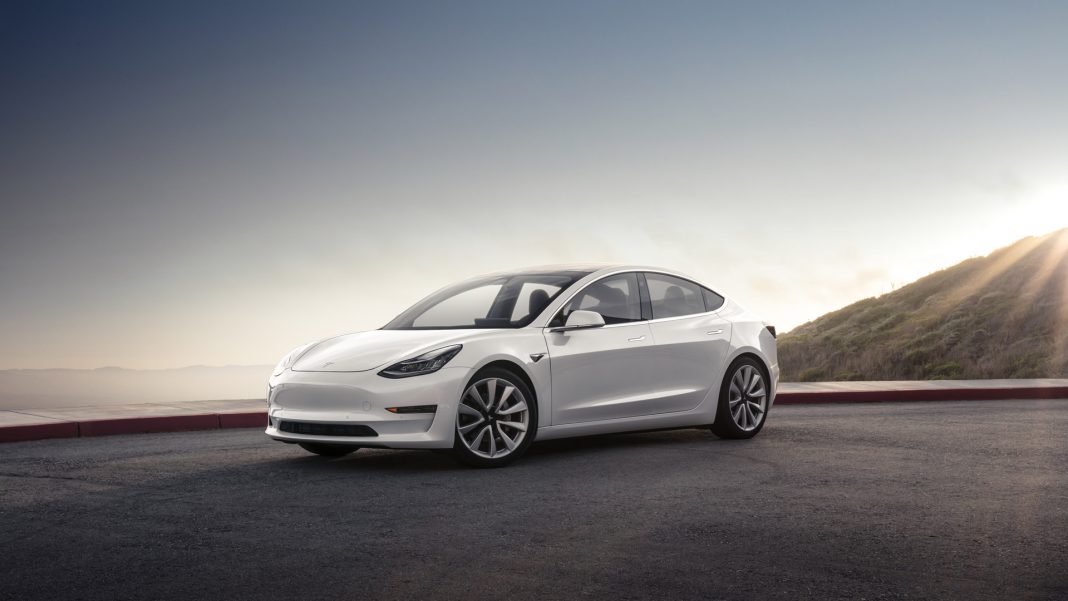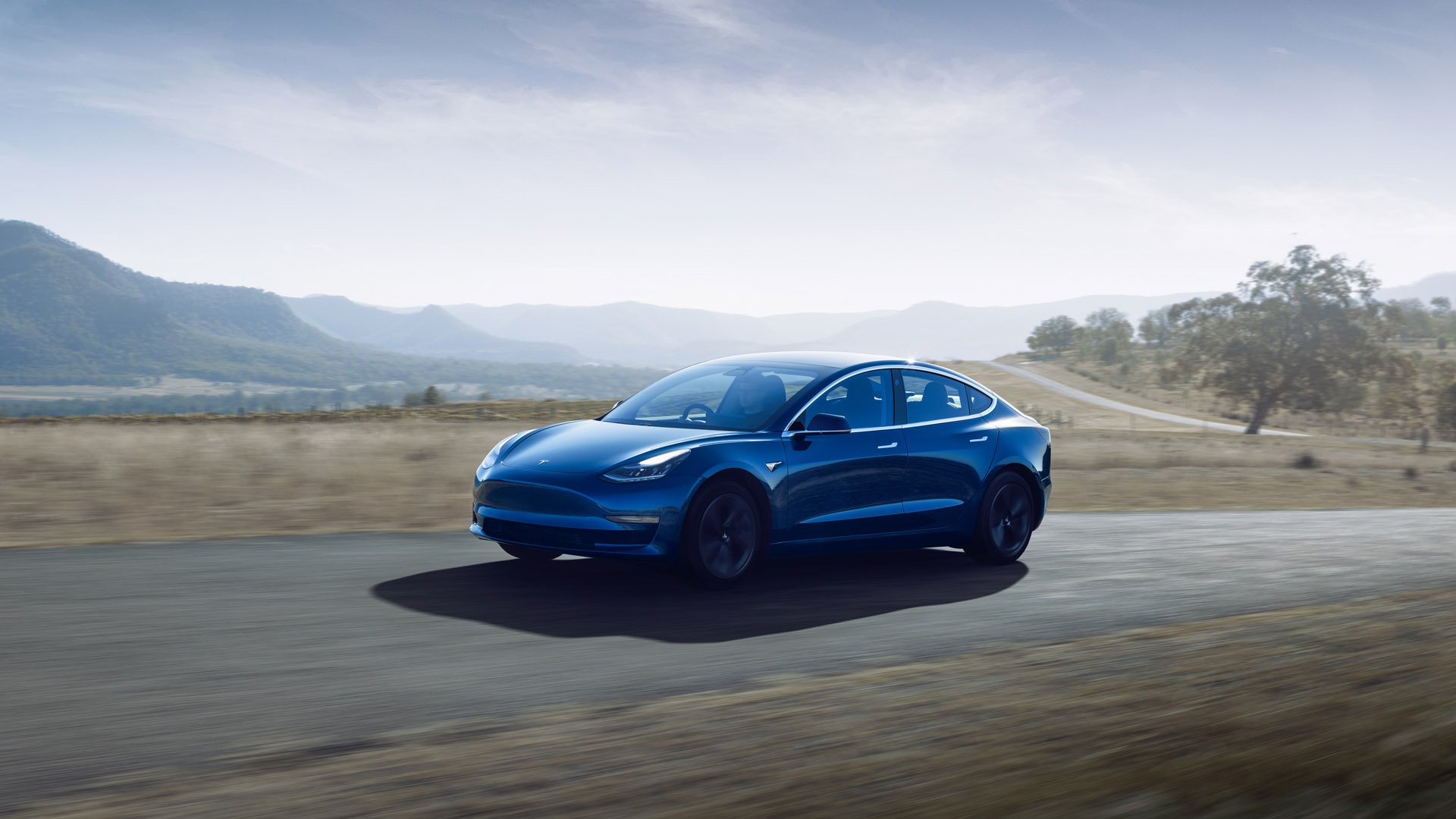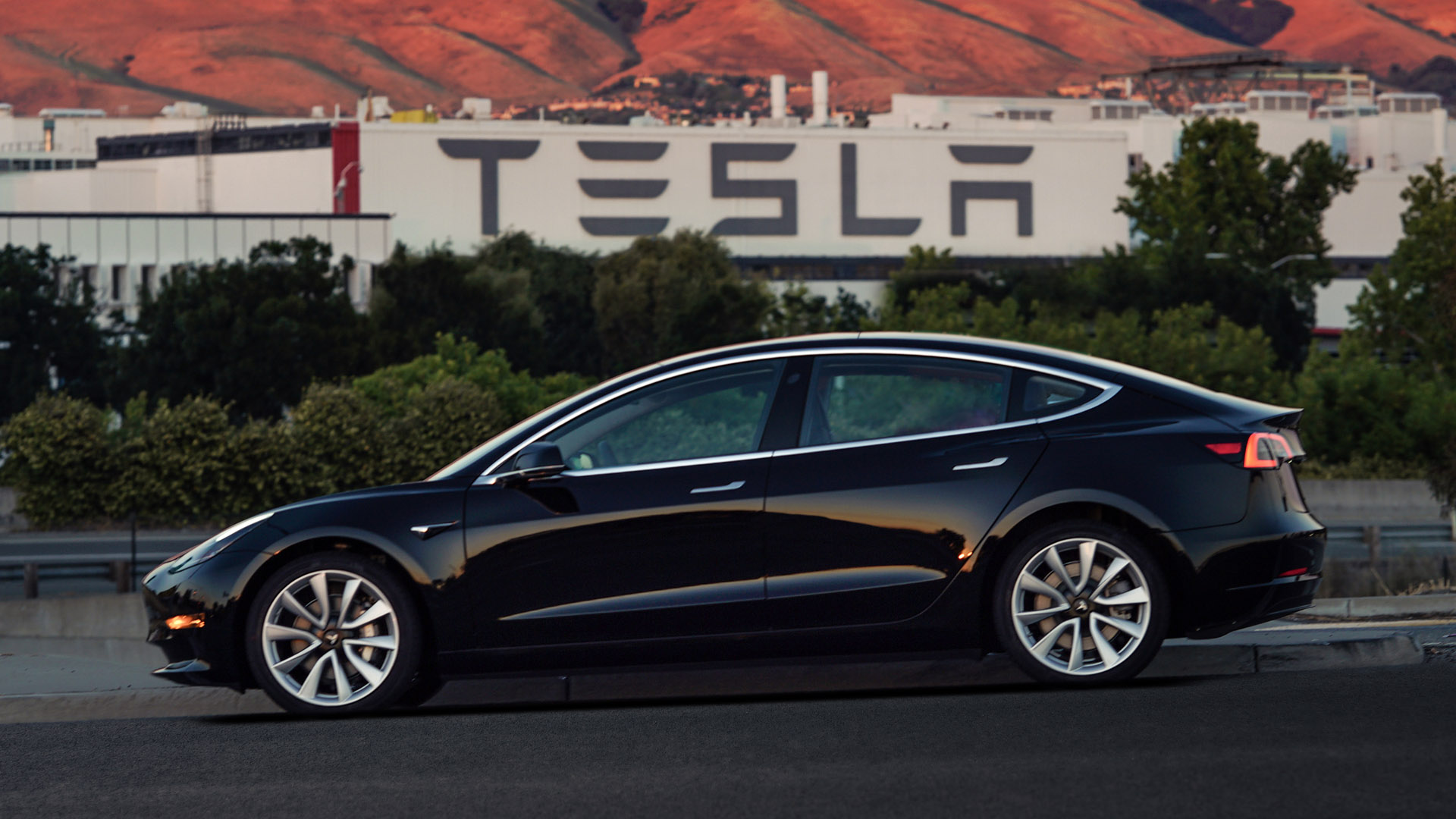Updated 01 May 2020: Tesla has since cut the price of its Model 3 to ¥271,550 (~£30,700), down from ¥328,000 (~£36,800).
Over the past few years, all-electric and alternative fuel vehicles (such as hybrids) have taken a large chunk of market share off their gasoline counterparts. Around the world, the growth of such vehicles has been spurred on by the government – incentives to both manufacturers, consumers and businesses have made it even more appealing than ever before to jump into a vehicle that emits little to no tailpipe emissions.
Read next: What is an EV? Everything you need to know about hybrid and electric vehicles
The Chinese government has been pushing for its inhabitants to adopt greener vehicles, whereby in 2019 alone, over 1.5 million alternative fuel vehicles (AFV) were sold; almost more EVs were sold in China than the entire world put together. While this accounts for around 4.7% of vehicles sold in China, it’s still extremely significant.
Put into perspective, Norway, which leads the way in AFVs per capita, whereby 55.9% of all vehicles sold in 2019 were electrified, the Nords can’t compete with the sheer volume of cars sold in China; wherein the entirety of 2019, Norwegian consumers bought around 80,000 AFVs – that’s quite some way off 1.5 million. It just goes to show how big and important the Chinese market is for automakers and of course, the impact China has on global warming.
Mike Vousden, Automotive Analyst at GlobalData said: “China is both the largest vehicle market and the largest market for EVs thanks to subsidies from the government encouraging consumers to ditch combustion engines.”
Buy a car phone mount on Amazon (Affiliate)
Much like in the UK, where the government has been lowering the grant available for luxury vehicles, China has also followed suit. Here, the Chinese government (more specifically Liu Kun, the ministry of finance) has set a limit to subsidies – any car that costs more than ¥300,000 (~£33,700) will no longer be eligible for government aid. This poses a problem for Tesla as the American automaker sells its Standard Range Model 3 for ¥328,000 (~£36,800) – the vehicle is produced in Tesla’s Shanghai-based factory, Gigafactory 3.
While the news will also impact other manufacturers, namely those who are importing vehicles into China, or like Tesla, have a manufacturing plant that sells locally, it will also deal a blow to the EV adoption rate, as it’ll make EVs less attractive to prospecting buyers.
“While Tesla itself has proven remarkably resilient during the current crisis and has seen its market capitalisation grow in spite of falls for peers in the automotive sector, the loss of Chinese subsidies is a real concern. It is likely to dent demand for its products in the world’s largest car market and give local Chinese competitors – who are also rapidly improving their product offerings – a boost due to their price advantage” added Vousden.
Read next: Government car grant for electric cars: A complete guide on the PICG
In response, Elon Musk, CEO of Tesla, has said that his company will be looking to cut the price of the Standard Range Model 3 to fit in-line with the Chinese government. How this will impact Tesla’s earnings, in the long run, is unknown. Given a large number of Model 3 vehicles are set to roll off the production line in China, it’ll be interesting to see how this impacts TSLA’s share price.
01 May 2020: Tesla has since cut the price of its Model 3 to ¥271,550 (~£30,700), down from ¥328,000 (~£36,800).
“This latest move means that Tesla can now expect to maintain its impressive growth in China’s market. This growth saw Model 3 demand soar by 450% in March when it sold over 11,000 Model 3s. The Model 3 leads EV sales in China in the YTD, with over 16,500 sold, which is nearly double the volume of its nearest rival the BYD Qin. Tesla has demonstrated agility in a market that is crucial to its future success” said Calum MacRae, Automotive Analyst at GlobalData.
Undoubtedly, Tesla is a company unlike others, which can be responsive to market or government restrictions. As such, despite the Chinese setback, the American automaker posted positive earnings in Q1 2020, with a 32% quarterly jump to $5.99 billion, bettering analyst predictions that sat around $5.8 billion.







